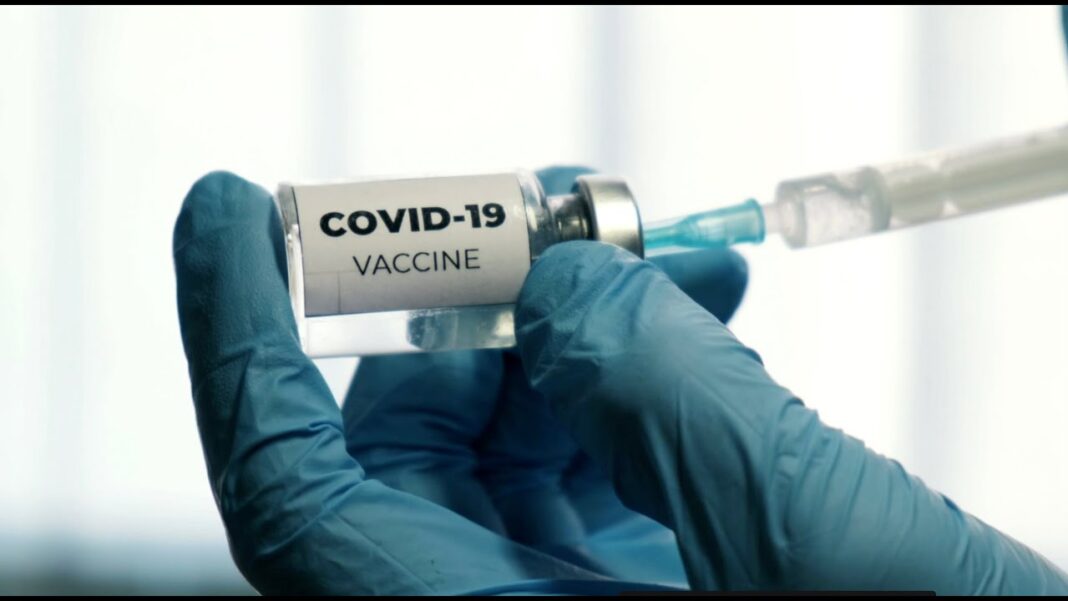The findings indicate that the persistence of spike proteins was likely the driver for symptoms of long COVID and post-vaccine syndrome.
Spike protein could remain in immune cells for more than 245 days following vaccination, according to a recent preprint. The study evaluated 50 patients who developed long COVID-like symptoms after the COVID-19 vaccine; none had been infected with the virus.
The authors extracted immune cells from 14 post-vaccine patients and found that 13 had spike protein in their immune cells. Asymptomatic vaccinated people had no spike present.
Researchers from InCellDx, a research company that produces panels and protocols that test for and treat long COVID and post-vaccine syndrome, authored the paper.
Their previous study published in 2022 showed that unvaccinated long-COVID patients could have spike protein persist in their immune cells for 15 months.
In both papers, the spike proteins were detected in monocytes, immune cells that circulate the body.
These findings indicate that the persistence of these spike proteins was likely the driver for the symptoms of long COVID and post-vaccine syndrome, InCellDx founder and lead study author Dr. Bruce Patterson told The Epoch Times
“These cells bind to the blood vessels. They cause endotheliitis (inflammation of endothelium) and vascular inflammation, which I think now has been corroborated by many as being probably one of the most important pathogenic mechanisms in long COVID,” Dr. Patterson said.
Spike Protein Reservoirs
“Monocytes are scavenger cells of the immune system,” Dr. Patterson said. Monocytes function similarly to how the video game character Pac-Man does: They roam the body and gobble up proteins they come across in their way.
In long COVID, monocytes gobble up spike protein, the virus’ viral debris. In post-vaccine syndrome, the monocytes engulf spike proteins, which the body makes from the COVID-19 vaccine.
These spike proteins are then stored inside the monocytes, which causes the cells to live longer than they should. The prolonged longevity can cause inflammation, leading to various long-lasting symptoms.
In the study, Dr. Patterson and his team observed that post-vaccine patients had significantly higher monocyte levels than those without post-vaccine symptoms. The symptomatic post-vaccine patients also had a clear elevation in inflammatory biomarkers, whereas the asymptomatic patients did not.
Dr. Patterson believes that at the time of the study, viral replication or spike protein production from vaccinations was no longer occurring. Instead, the spike proteins persisted for months because they were being stored.
By Marina Zhang









